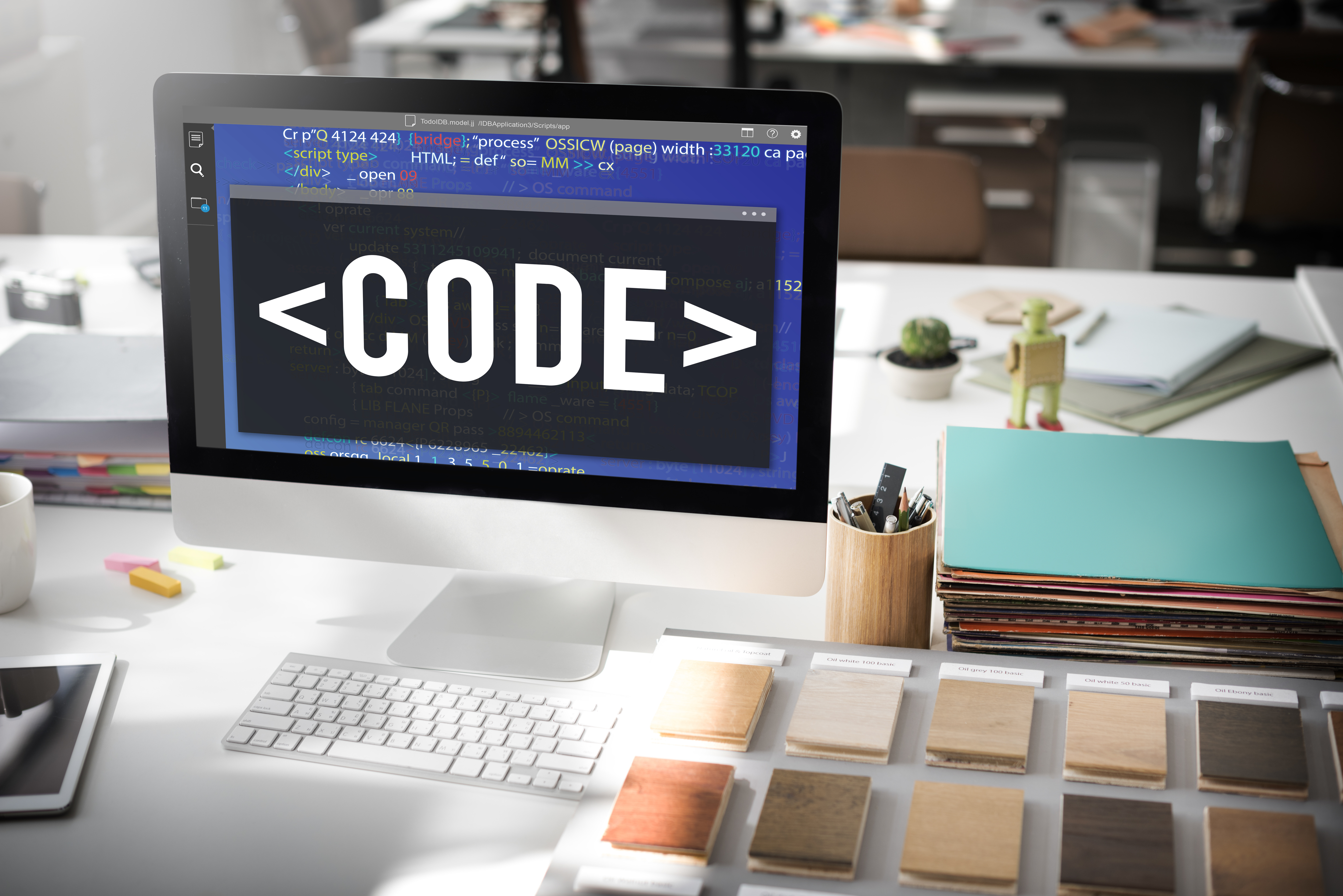info@sadi.co.ke
+254727368241
In the past, creating a professional website required advanced coding skills or hiring a developer. But in 2025, the rise of no-code website builders is changing the game, empowering entrepreneurs, freelancers, and even hobbyists to build fully functional websites without writing a single line of code.
What Are No-Code Website Builders?
No-code platforms are tools that let users design, customize, and launch websites through drag-and-drop interfaces and pre-built components. Popular examples include Webflow, Wix, Squarespace, and newer AI-powered platforms that simplify even the most complex web development tasks.
Why No-Code Is Transforming the Web
Accessibility: Anyone, regardless of technical skill, can now build a site.
Speed: Websites can be launched in days instead of weeks or months.
Cost-Effective: Reduces the need to hire developers for basic sites.
Flexibility: Offers templates and plugins that rival custom-coded sites.
Key Features Driving Adoption
Drag-and-Drop Interfaces: Simple visual tools for page design.
Responsive Design: Automatic mobile and desktop optimization.
E-Commerce Integration: Built-in tools for online stores and payment systems.
SEO Tools: Easy-to-use optimization features for visibility.
AI Assistance: Some platforms generate layouts, copy, and designs automatically.
Who Benefits from No-Code Tools?
Small Businesses: Affordable and fast solutions for online presence.
Startups: Launch MVPs (minimum viable products) quickly.
Freelancers & Creators: Showcase portfolios and services without coding.
Nonprofits & Educators: Build resourceful websites on limited budgets.
The Future of No-Code Development
As AI continues to integrate with no-code tools, the gap between no-code and traditional coding will shrink. Advanced features like custom workflows, data-driven apps, and AR/VR-ready websites are already being tested.
No-code doesn’t replace professional developers, but it democratizes web creation, giving everyone—from small business owners to content creators—the power to share their ideas online.
 September 03, 2025 - BY Admin
September 03, 2025 - BY Admin